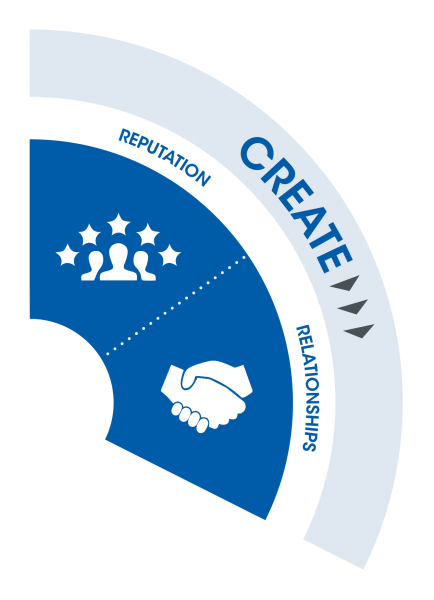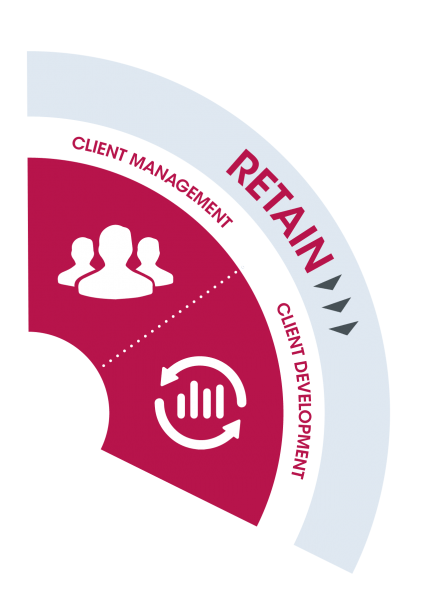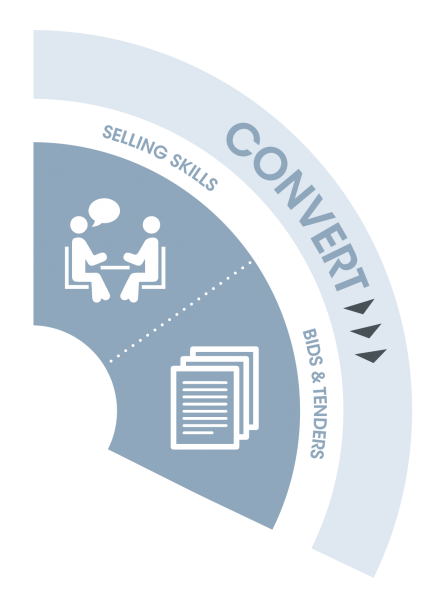Make your business development planning more successful
Having worked with different professional services clients over the years, I’ve seen many try to transform their approach to sales (or business development, if you prefer), says Annabel Miller. Some of these organisations have put together a formal transformation programme, whilst others have simply sought to make a positive shift in their sales efforts.
Whether you are considering a major change or a few tweaks to your approach, I’ve come up with the following key points that you should consider as part of your plans.
1. First, answer the question “Why are we doing this?” There must be a compelling reason for change, with a clearly articulated “what will happen if we do not make these changes” and why the current status is unacceptable.
2. Design your programme. Have a clear vision about what the newly transformed organisation will look like. For example, “In 3 years time we will be working in these sectors, we will have these key clients, we will be known for….”
The vision needs to be supported by 12 month objectives, Here’s an example of key objectives. Our objectives over the next 12 months are:
- To have made our first sale in the Oil & Gas sector
- To have doubled the number of business development meetings we are having as a business,
- To have developed a Key Client programme for our top 10 accounts.
It’s then important to clear the KPI’s for those involved, so they can focus on these new objectives.
Business Development Planning
Learn tried and tested strategies to help you unlock more opportunities and win more – and better – work.
3. Put together the right team to drive the programme. Your team make up will be somewhat dependent on the size of the programme, but to make it work you will need senior sponsorship. One of the firms I worked with had the CEO, CFO, Head of BD/Marketing, Head of HR and the four business unit leaders on the team.
4. Develop skills, process and behaviours. You will need to include training into your programme. Don’t make the mistake that many make and think that a one-off training course will develop sustained behavioural change. It doesn’t! Training works if: a) people know why they are doing it, b) how it will help them do their job better, c) they are given support following the event, and d) there are follow ups and refreshers.
5. Give your best and potential performers access to coaching. This demonstrates a real commitment to improving people through strong, challenging and empathetic coaching. It complements training and allows the recipients to really embed new habits. Coaching should be given to both individuals and teams. High-performing teams, whether they are leadership, key client, market/sector teams, can take the business to new places and turbo-boost business development.
6. Make sure you measure and monitor progress: Track the KPI’s, celebrate successes and make sure to involve, not dictate.
7. Lastly, be very clear about the behaviour you now expect and do not tolerate poor behaviour, regardless of seniority or past performance!
If you would like to know more about how I could help with your sales training and coaching, please get in touch. This article borrows from research (McKinsey, Hinge Marketing) as well as my own experiences.
Optimise your selling Opportunity
Creating a possitive impact at that first client meeting.







